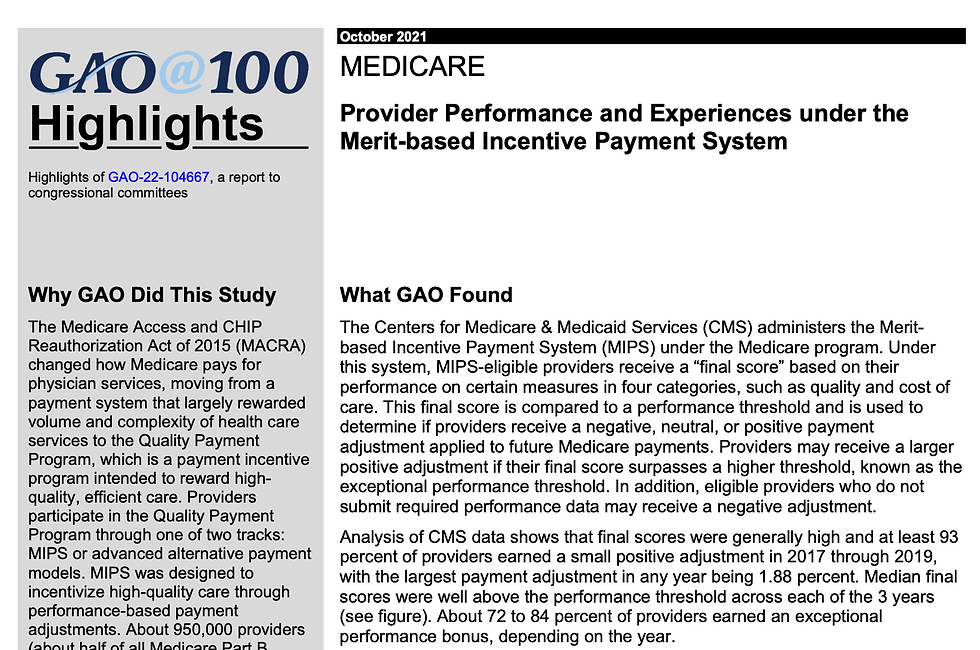VSSL Takes On New Projects to Promote Equity in Health Care Payment, Delivery & Decisions
- VSSL

- Oct 14, 2020
- 2 min read
VSSL was created to transform data and ideas into actionable insight that improves health outcomes.

To achieve that mission, the Lab has recently added several new equity-focused projects to its portfolio of work evaluating how health care payment, delivery, and decisions come together to impact outcomes.
As Lab Director, Dr. Joshua Liao, notes, “while value-based care initiatives have put heavy emphasis on quality, costs, and patient experience, very few have not directly addressed the issue of parity.”
A key element of VSSL’s work is putting a focus on health equity. Dr. Liao and collaborators have set out to do so through several projects:
Equity in telehealth among Medicaid patients. In collaboration with the Washington State Health Care Authority (HCA), Dr. Liao and VSSL colleague, Dr. Ashok Reddy, have embarked on a new project to understanding telehealth use, and its role in health care payment and delivery in the Washington state Medicaid program.
The first portion of this work culminated in a report, Paying for and Delivering Telehealth in the Covid Era: Early Groundwork in WA Medicaid, that was prepared by VSSL in collaboration with the HCA (read the report here).
The second, ongoing portion of this work involves large-scale empiric analyses of telehealth use among Medicaid patients. For Drs. Liao and Reddy, high priority questions to address in this work include understanding outcomes and disparities in telehealth use and impact among vulnerable patient groups.
"While value-based care initiatives have put heavy emphasis on quality, costs, and patient experience, very few have not directly addressed the issue of parity.”
Equity in vaccination and cancer screening among older adults. Together with colleagues at the University of Pennsylvania, University Hospitals, and several VA sites around the country, Dr. Liao is spearheading a body of work to identify ways to improve vaccination and cancer screening rates among older adults. The team secured two 5-year grants from the NIH to pursue this work, and as Dr. Liao notes, the grants “explicitly focus on testing and tailoring interventions to high-risk groups including racial minorities, ethnic minorities, and socioeconomically vulnerable individuals.”
Equity in value-based payment reforms. Dr. Liao co-leads a body of work with colleagues at the University of Pennsylvania evaluating how new payment reforms impact health care disparities and outcomes. In an NIH R01-funded project, the team is evaluating how bundled payments for joint replacements – a payment arrangement that sets a bundled benchmark price for a set of services and then holds providers accountable for the quality and costs of joint replacement surgery episodes – impacts outcomes among racial minorities and low SES individuals.
Dr. Liao shared his desire to continue growing the Lab’s work in the area of equity. “We have a number of grants and analyses in process directly focused on this issue. Through these efforts, and future collaborations across and beyond UW, we’re excited to use our focus on health care value to drive progress towards greater health care equity.”
.jpg)



Comments